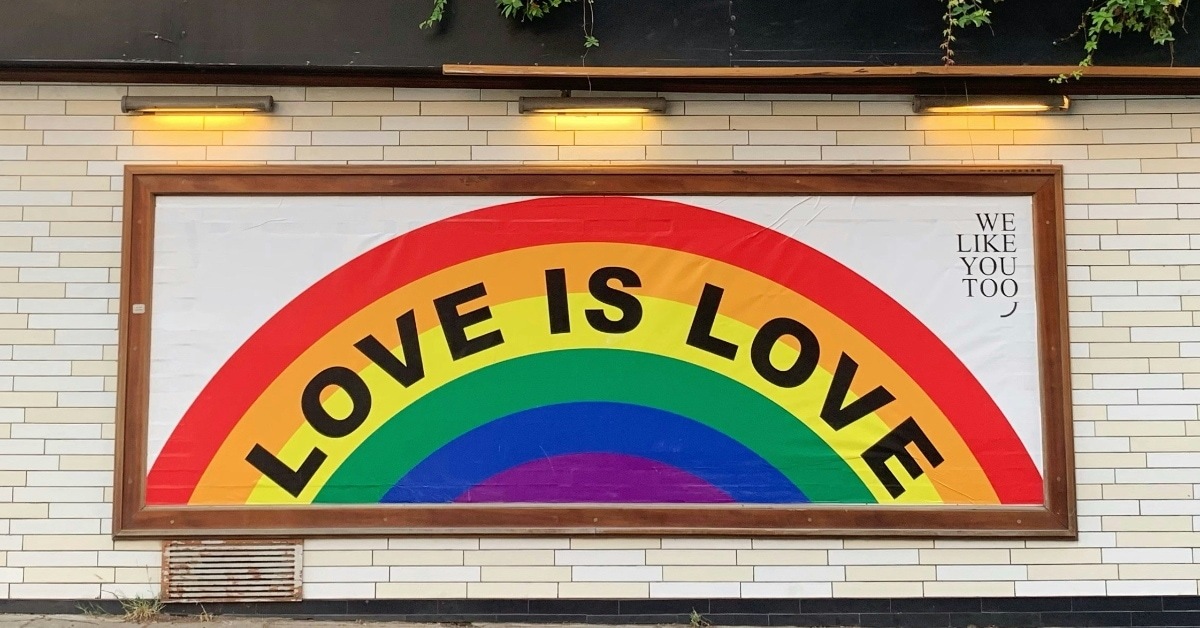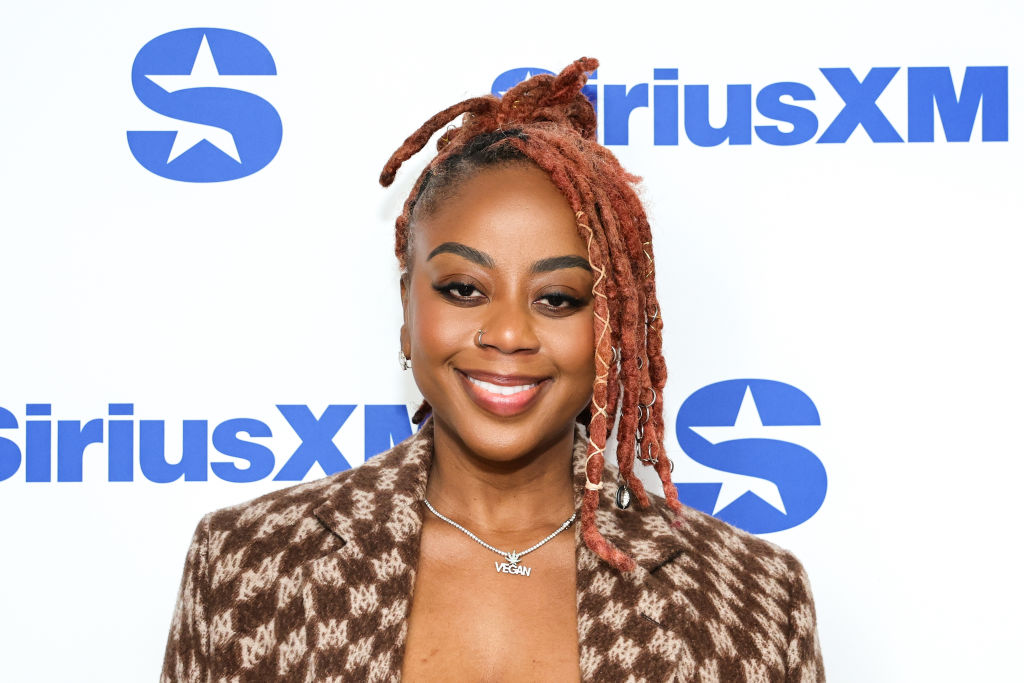Congressional members concerned TikTok ban will harm entrepreneurs, content creators
U.S. Rep. Steven Horsford, D-Nev. told theGrio that he is “very concerned about the impact [the act poses] to small […] The post Congressional members concerned TikTok ban will harm entrepreneurs, content creators appeared first on TheGrio.
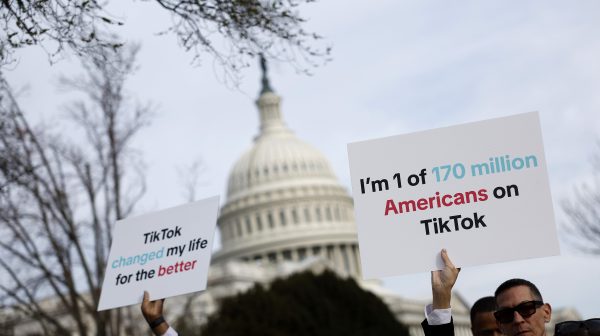
U.S. Rep. Steven Horsford, D-Nev. told theGrio that he is “very concerned about the impact [the act poses] to small businesses and content creators.”
Some members of the U.S. House of Representatives are standing firm on their opposition against a bill that would ban TikTok.
U.S. Rep. Ro Khanna, D-Calif., told theGrio that banning the app will “take away free speech for 170 million Americans.”
“A lot of the videos on the app are questioning the political establishment, money in politics, and our policy in Gaza,” noted the progressive Democratic lawmaker. He added, “There needs to be a platform where people express their views.”
Marjorie Taylor Greene, R-Ga., told theGrio that if TikTok is banned, “It could open Pandora’s Box.”
“If we are forcing the sale of social media companies, how does that affect things in the future?” shared the conservative firebrand.
On Tuesday, 352 House members voted to pass the Protecting Americans from Foreign Adversary Controlled Applications Act, with only 65 members opposing the bill.
ByteDance, the Chinese parent company that owns TikTok, will have six months to divest from the app if enacted into law. If ByteDance fails to terminate its ownership and sell the app to another company, TikTok will be banned in the U.S.
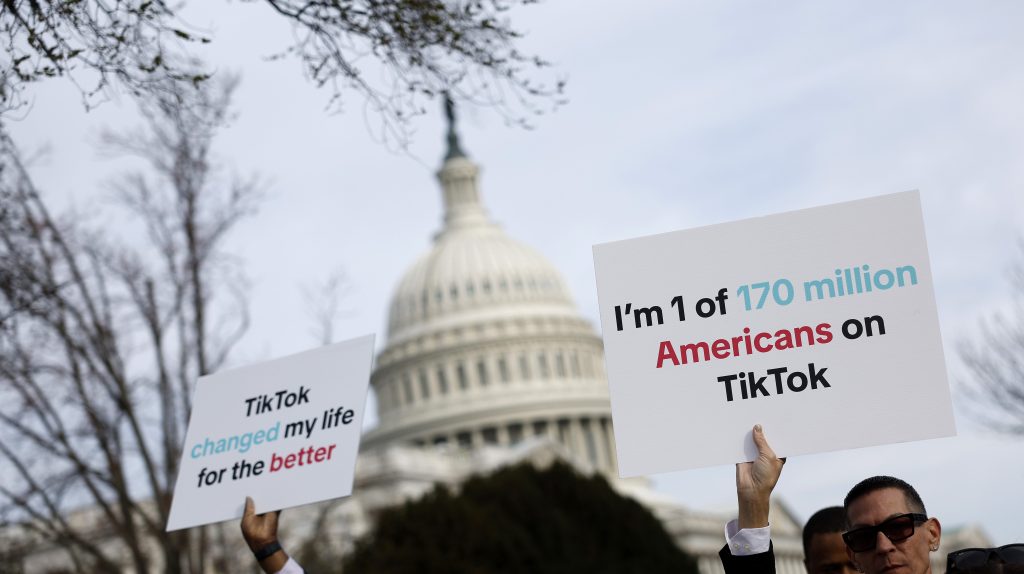
The bipartisan bill was introduced earlier this month by U.S. Reps. Raja Krishnamoorthi, D-Ill., and Mike Gallagher, R-Wis., who are members of the House Select Committee on the Chinese Communist Party.
Lawmakers from both sides of the political aisle argue that TikTok poses a risk to national security and is allegedly tied to the Chinese Communist Party. If the act is passed into law, legislators argue it would protect Americans from the risk of having sensitive data compromised by using the app.
U.S. Rep. Becca Balint, D-Vt., who voted for the TikTok ban legislation, told theGrio that after speaking with some of her constituents, she learned they are “very uncomfortable with the amount of data that big tech companies and social media [have] on them.”
During a U.S. Senate hearing in March 2023, TikTok CEO Shou Zi Chew refuted claims that the app is tied to the Chinese Communist Party. On Wednesday, he posted a video to TikTok calling the vote “disappointing.”
Despite concerns from lawmakers about data privacy, Chew told TikTok users, “We have invested to keep your data safe and our platform free from outside manipulation.” He added, “We will continue to do so.”
U.S. Rep. Ayanna Pressley, D-Mass., was one of the minority House members to vote against the bill. She took to X, formerly known as Twitter, to argue that the U.S. needs “comprehensive data privacy legislation – not narrow policy that targets one platform that millions rely on to get news, make a living & build community.”
U.S. Rep. Steven Horsford, D-Nev., also voted in opposition to the bill and took to TikTok shortly after the vote to share a message with business owners and content creators.
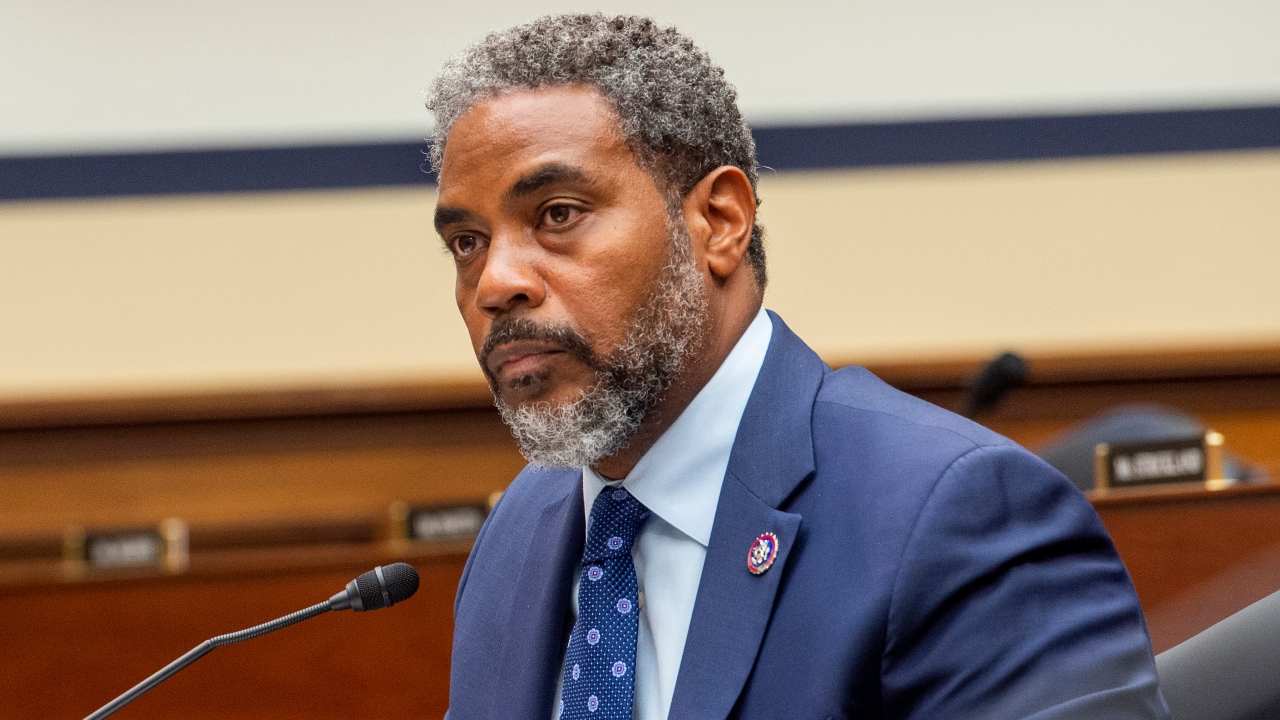
In a short clip, the Congressional Black Caucus chairman said he is “very concerned about the impact [the act poses] to small businesses and content creators.”
“In Nevada alone, more than 28,000 small businesses use TikTok in order to promote their business,” Horsford explained.
On March 21, 2023, TikTok shared a post on its website celebrating the more than 150 million Americans using the popular social media platform, which is nearly half the nation’s total population.
Some TikTok users are influencers who rely heavily on the app for monthly income. Now that the future of the app hangs in the balance, their ability to make money on the platform is at risk.
In his Wednesday video, Chew argued that the bill would “take billions of dollars out of the pockets of creators and small businesses.”
Khanna told theGrio that there is a misperception that TikTok is used by “teenagers or Gen-Z who are sitting on their couch scrolling through hours of videos” and are addicted to the app.
The congressman, whose district includes Silicon Valley, said he has met several creators, teachers, lawyers, historians, and the like who are doing “good things” and informing the public about necessary information.
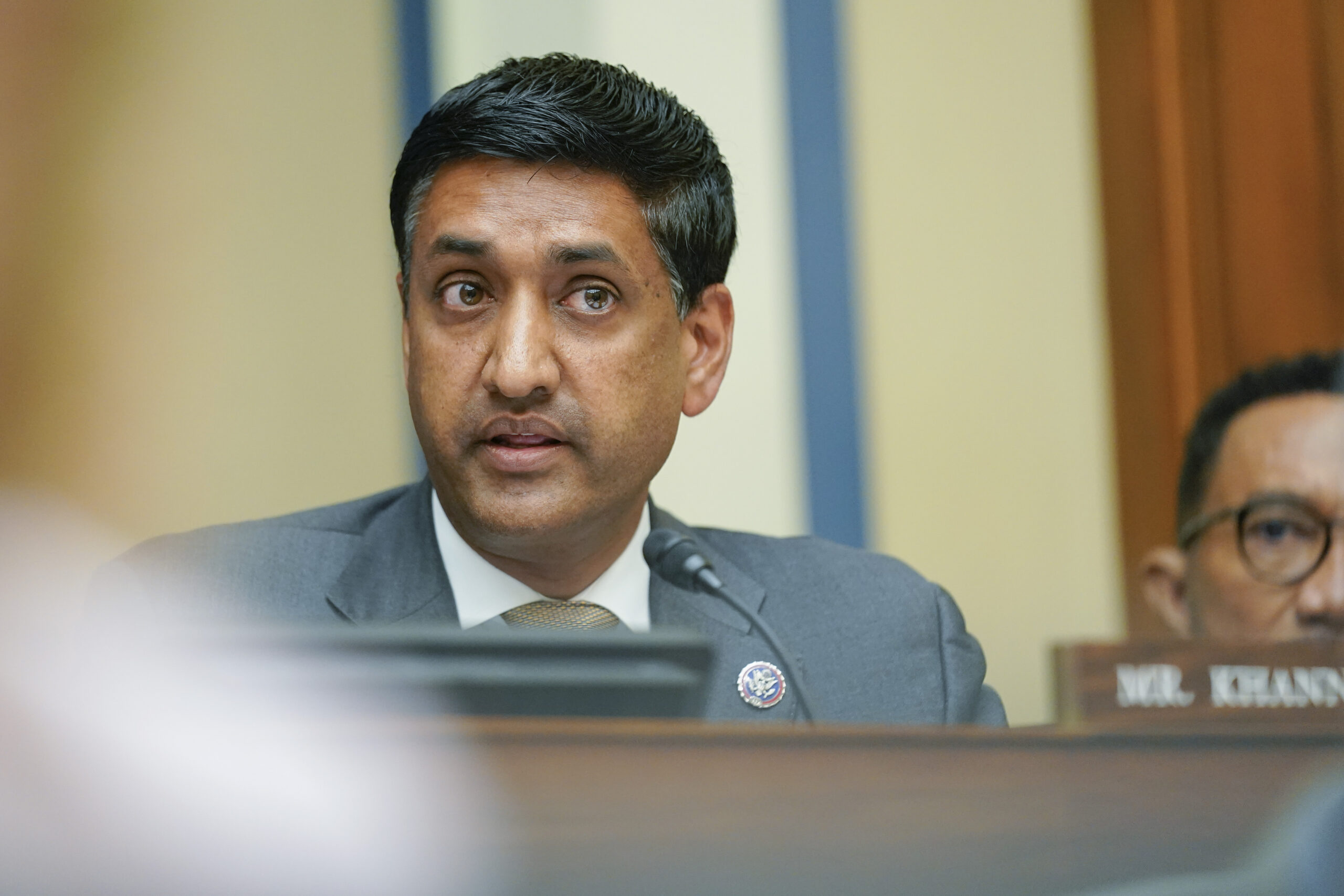
“We have to tell their stories,” said Khanna.
Now that the bill has passed in the House, it will need to pass in the U.S. Senate and be signed into law by President Joe Biden.
On Friday, President Biden told reporters at Joint Base Andrews, “If they pass it, I’ll sign it.”
Rep. Khanna said that even if the Senate were to pass the controversial statute, he believes the U.S. Supreme Court would “strike it down.”
“The Supreme Court has said that you have to have the least restrictive means for regulating the First Amendment,” said Khanna. “You could protect people’s data privacy without banning the app.”
The Democratic lawmaker added, “Just because something is owned by foreign investors doesn’t mean that it isn’t allowed in the United States.”
Never miss a beat: Get our daily stories straight to your inbox with theGrio’s newsletter.
The post Congressional members concerned TikTok ban will harm entrepreneurs, content creators appeared first on TheGrio.









